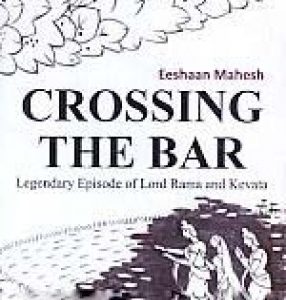
Delta Book World

Showing all 9 books

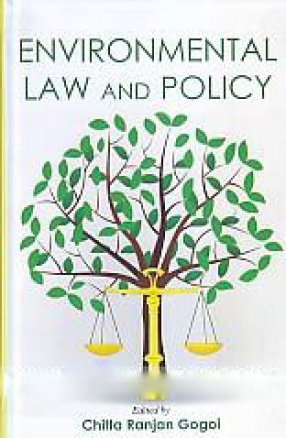
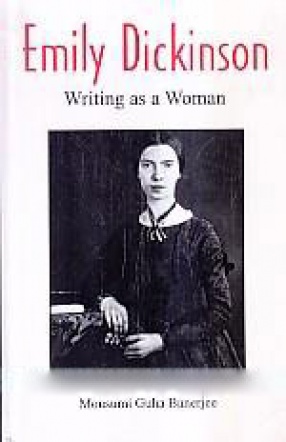
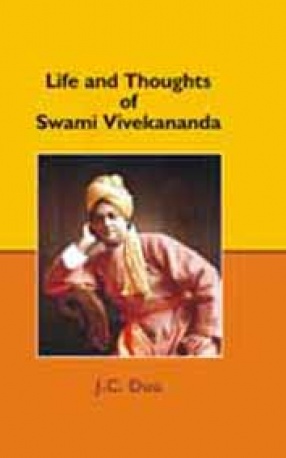
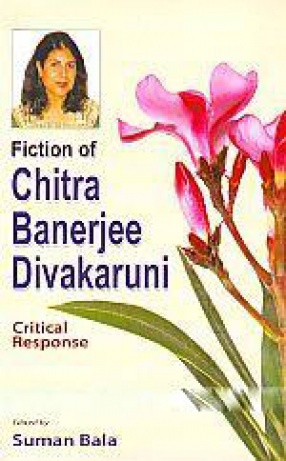



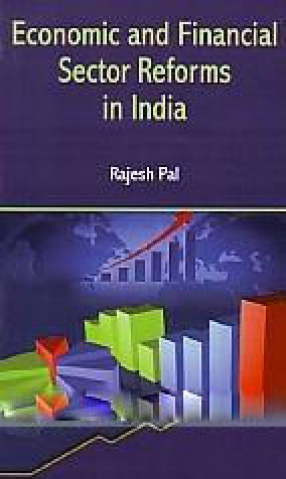

Swami Vivekananda (1863-1902) also called Narendranath Datta was a Hindu philosopher, born and died in Calcutta. He attempted to combine Indian spirituality with Western materialism, and became the main force behind the Vedanta movement in the West.
This book has very vividly, comprehensively and yet very concisely dealt with the life and thoughts of Swami Vivekananda. His commendation of the citizens of Japan while his visit to that place and his exhortation to ...


India is one of the oldest civilizations in the world with a kaleidoscopic variety and rich cultural heritage. It has achieved all-round socio-economic progress during the last 67 years of its Independence. In the context of the Indian Constitution, local government bodies are the subject of the State List and are thereby governed by State Statutes, or in the case of Union Territories, by the Union Parliament.
This book deals with issues of modernization, ...
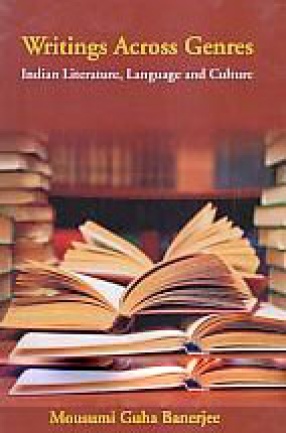
The question of ‘de-anglicizing’ English arises as a result of the many debates that have been there going on for some time related to English as a medium of literary and communicative expression. In an era of lively postcolonial debates, other world (excluding British) literatures in English are often debated on. In the midst of such deliberations, how can one afford to be a partisan of the ‘language debate’ any more, when the very notion ...
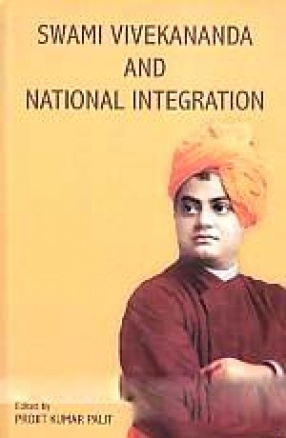
This volume, containing 24 research papers, seeks to address the various issues, concerning national integration from the point of view of Swami Vivekananda. Analysing Swami Vivekananda’s role in nation building and national integration, it deals with his concept of religious harmony, his social philosophy, and his Vedantic basis of integration.
It also examines his idea of nationhood, his concept of ecology, his socio-political views, his philosophy of ...
